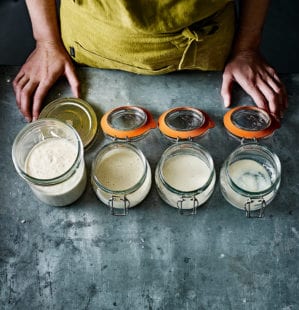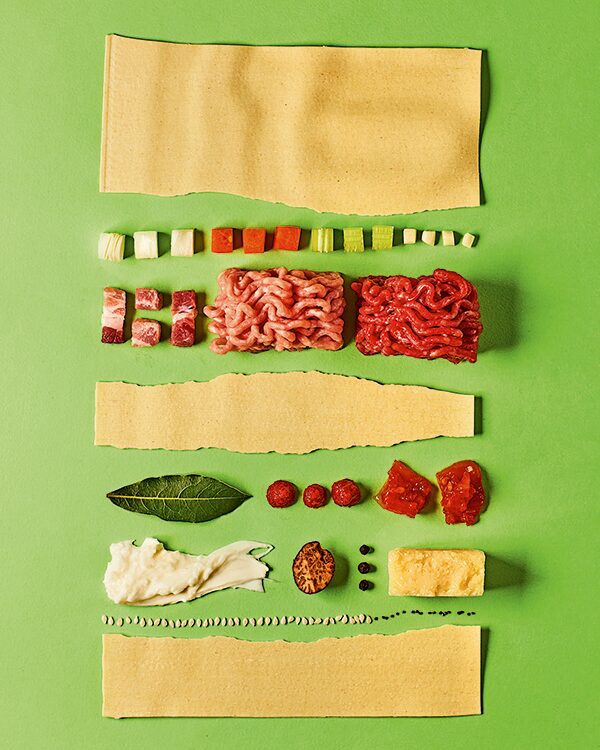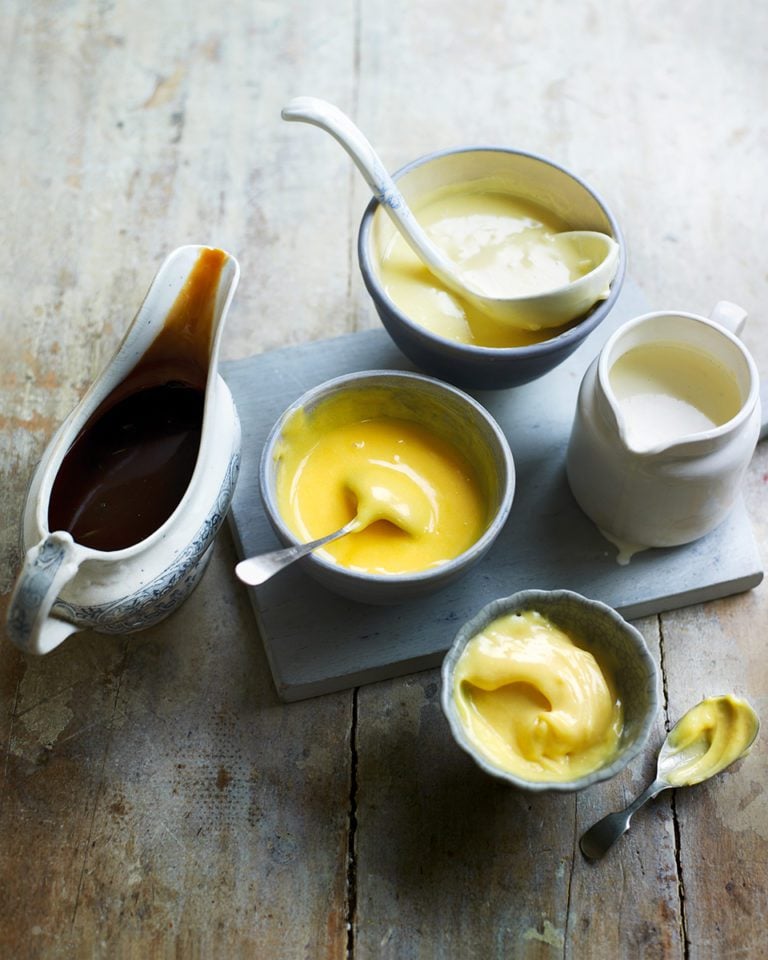The 5 kitchen skills you need to master in 2024
New Year brings with it the urge to be more virtuous and to work on self improvement in all aspects of our lives, and few things are more important than the food we cook and eat. Want to improve your kitchen skills in 2024? Try tackling these core cooking techniques, says Tom Shingler: they’re small, achievable skills that will have a big impact on the food you make and eat this year…
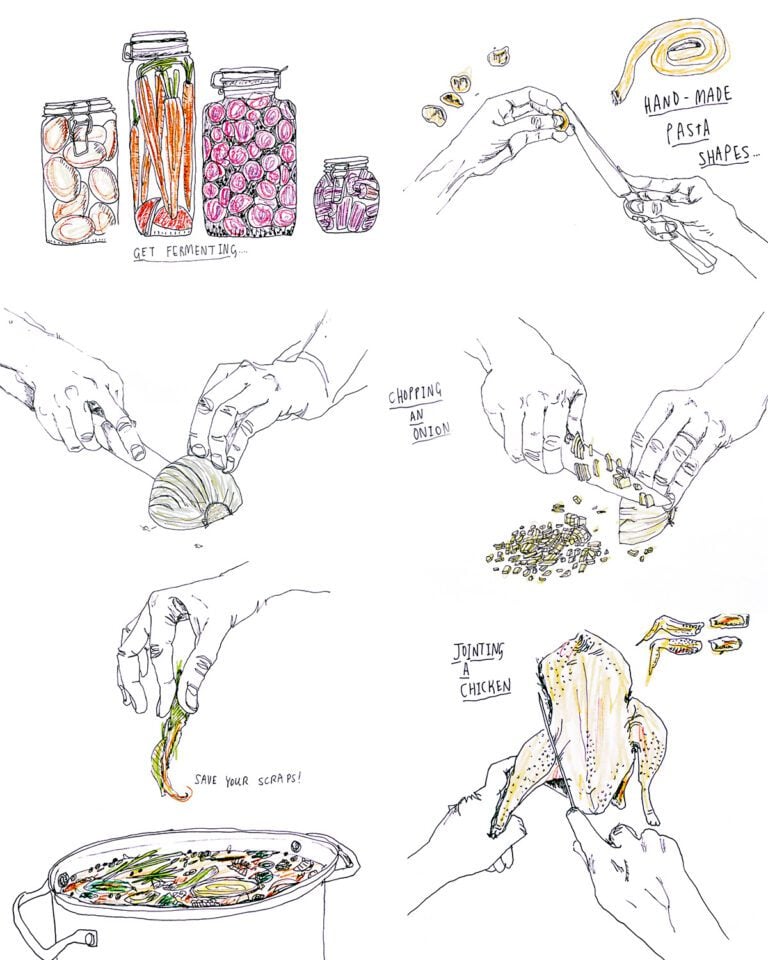
Level up your cooking skills in 2024 with these five essential techniques. From jointing a chicken to learning to ferment, mastering these skills will help you save money, increase the percentage of foods you make from scratch, deepen the flavours of your finished dishes and even help bolster your gut health. With just five key techniques, you can improve the food you cook, make and share this year…
1. Chop properly
It’s never the most alluring culinary topic but knife skills are vital for making prep a joy instead of a chore. Unless you’ve been through rigorous chef training, you’ll probably have picked up habits that could be hindering rather than helping you. Think about how you chop an onion. Is it something you dread? Are your finely chopped onions more like rough chunks? If this sounds like you, go back to basics and take the time to learn how the pros do it via YouTube videos – tuck the tips of your fingers in, rest the blade safely against your knuckles and so on. Once you’ve got the hang of it (to be honest, 80% of the work is making sure your knife is sharp), it’ll transform your relationship with cooking.
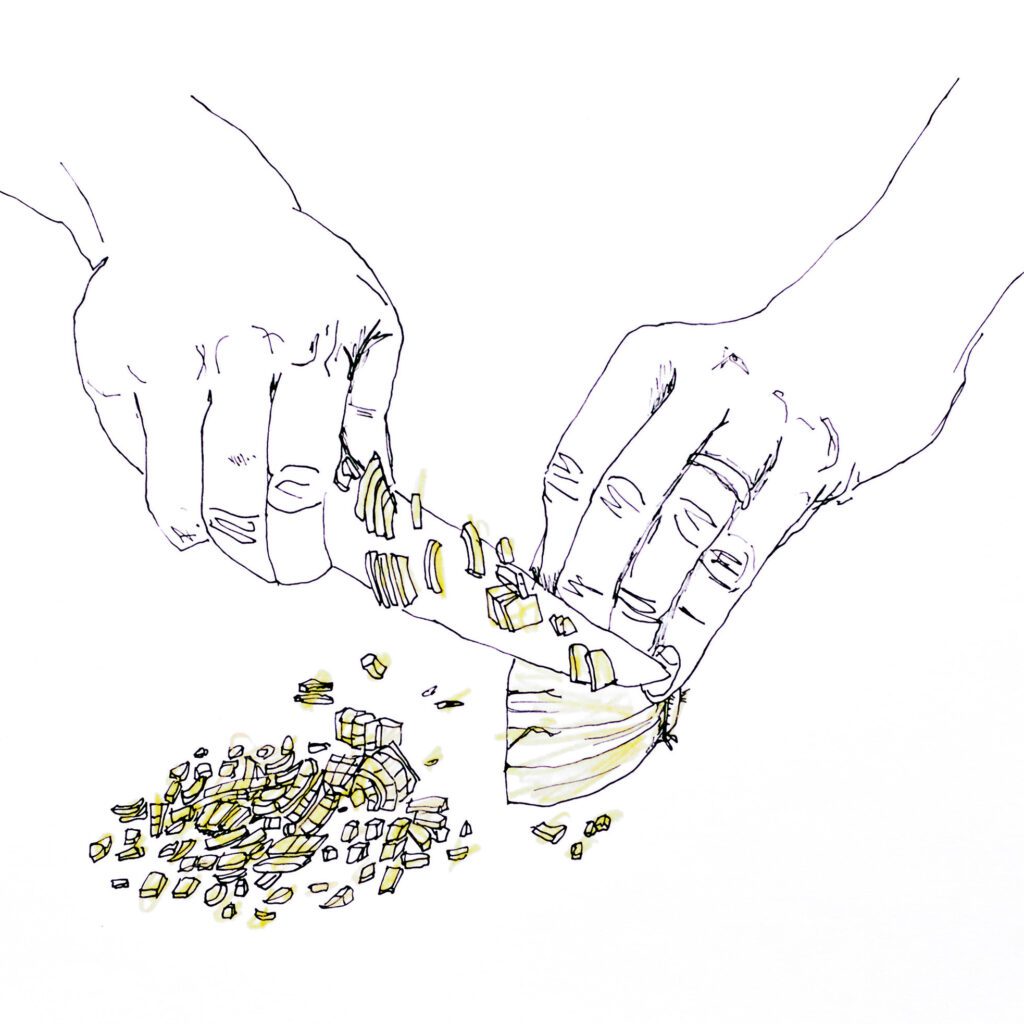
2. Joint a chicken
Our relationship with chicken has become a bit too familiar. What used to be an occasional luxury is now so affordable and readily available that we no longer treat it with the respect it deserves. Buying a whole chicken, then jointing it into pieces yourself teaches you basic butchery skills. It also means you can buy better quality meat without breaking the bank, eat more sustainably and, in essence, be reminded that you’re eating an animal (which needs to have been looked after well), rather than just opening a pack of pre prepared, skinned and deboned fillets.

3. Make pasta
The romantic idea of Italian nonnas calmly rolling out orecchiette on a sun dappled Italian street is the stuff of culinary daydreams. While re-enacting that exact scenario might be beyond most of us, making your own pasta is no more difficult than kneading bread or making pastry, provided you’re not attempting anything that requires a pasta machine.
A simple dough can be rolled, cut or pinched into all sorts of traditional pasta shapes (look up pici, cavatelli or pappardelle) to make a simple pasta dish feel seriously special. Try noodles too – there are hundreds of varieties across Asia that are cut or even snipped with a pair of scissors rather than pulled or extruded through specialist machines.
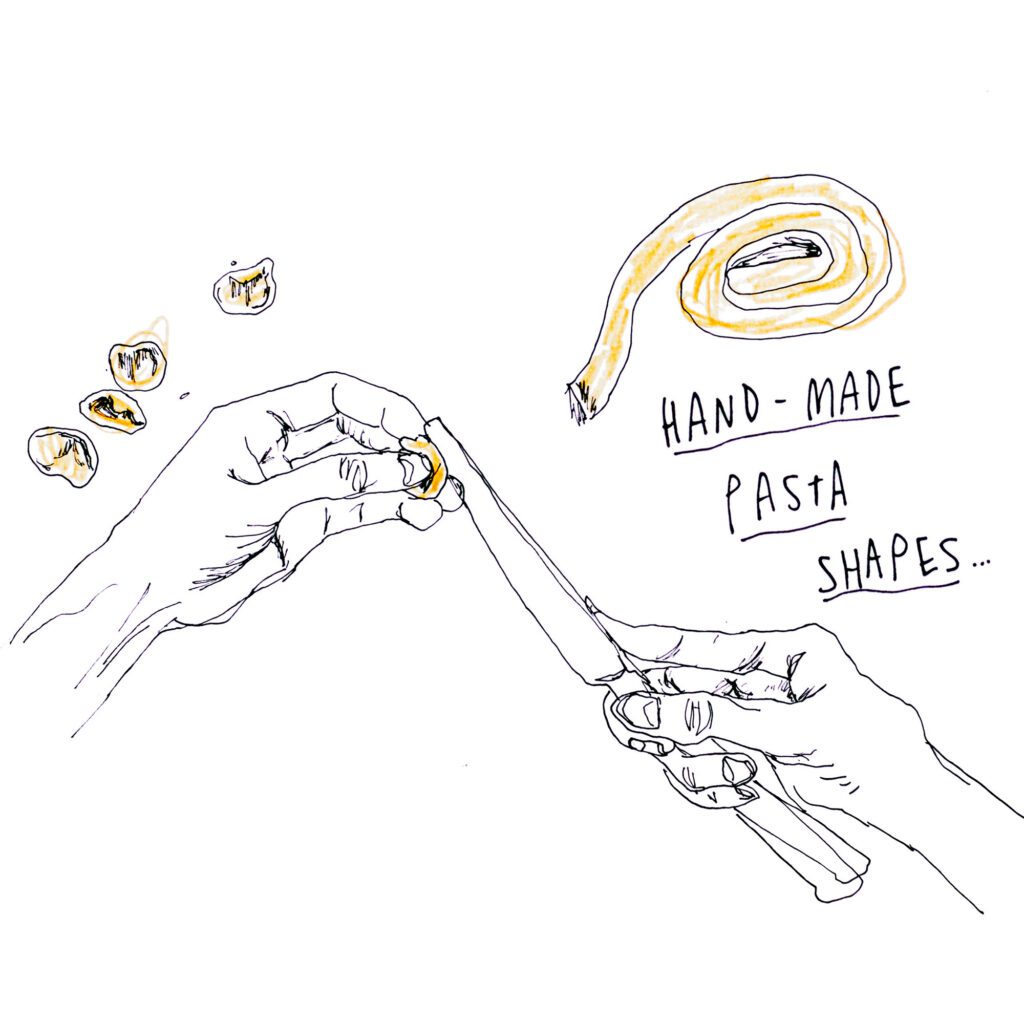
4. Make stock
Stock cubes (and their associated jelly pots and bouillon powders) are an incredible invention – but their convenience means it’s easy to forget just how good a homemade stock can be. And it’s easy too: bag up all your veg peelings, scraps and trimmings, then pop them in the freezer. When you next find yourself with a chicken carcass – after you’ve jointed one perhaps – throw it in a pot with your saved-up vegetable scraps, cover with water and gently simmer for a few hours. Then strain, cool and freeze. The stock will make all the difference to your next stew, sauce or ragù. Take things up a level with our brown chicken stock recipe, which involves roasting the chicken carcass and frying the veg to deliver extra flavour.
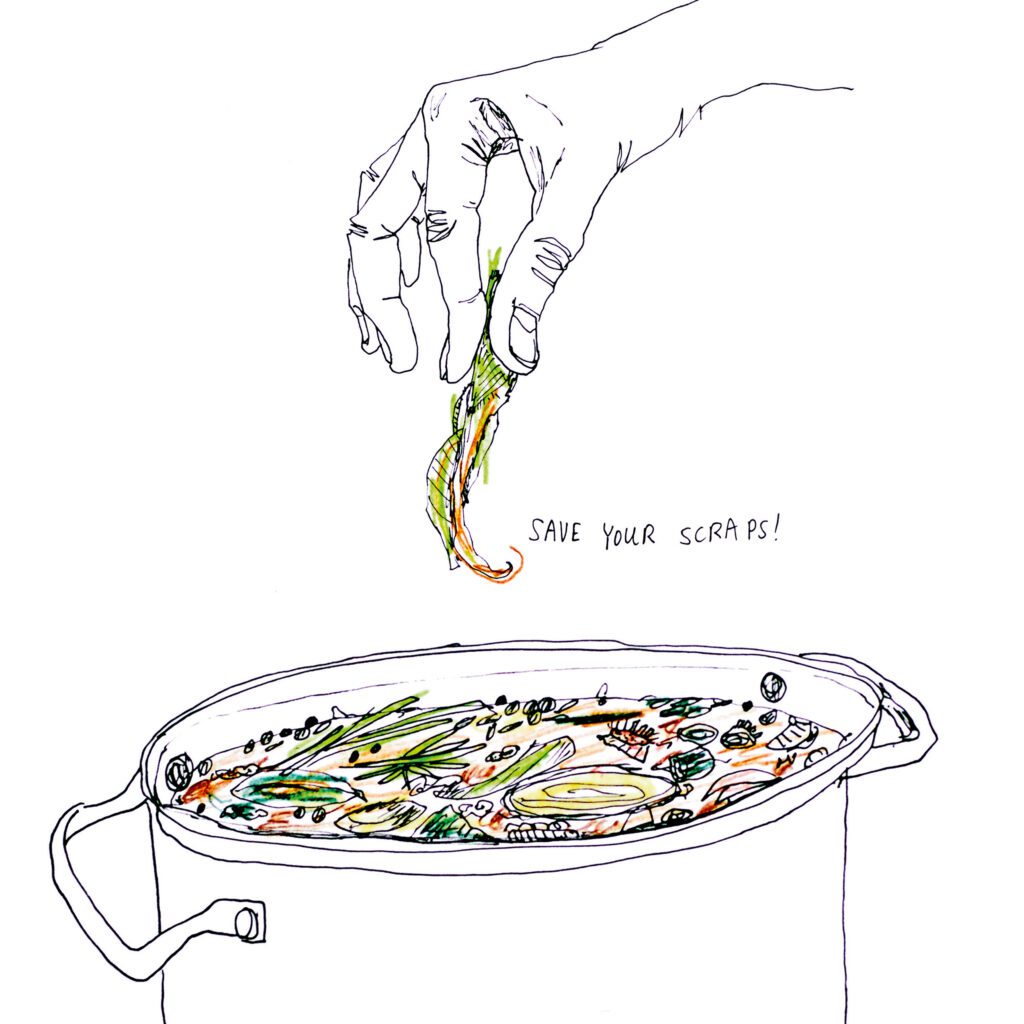
5. Learn to ferment
Leaving fresh fruit or veg at room temperature for weeks or months at a time with nothing but salt seems scary – and I totally get why. You do have to go quite badly wrong , though, to make a basic ferment turn dangerous (and it will let you know via sight and smell long before you eat it).
As long as your jars are sterilised, your ingredients washed and your ratios correct, there’s nothing to fear – except becoming obsessed with a newfound hobby. Start with the classics: sauerkraut or kimchi are the most rewarding. If you get the fermenting bug, you’ll soon want to progress to kefir and kombucha and surround yourself with gently bubbling jars with hand-written labels on, just like all the trendy chefs. Explore our fermented food recipe ideas – including inspiration for cooking with your creations.
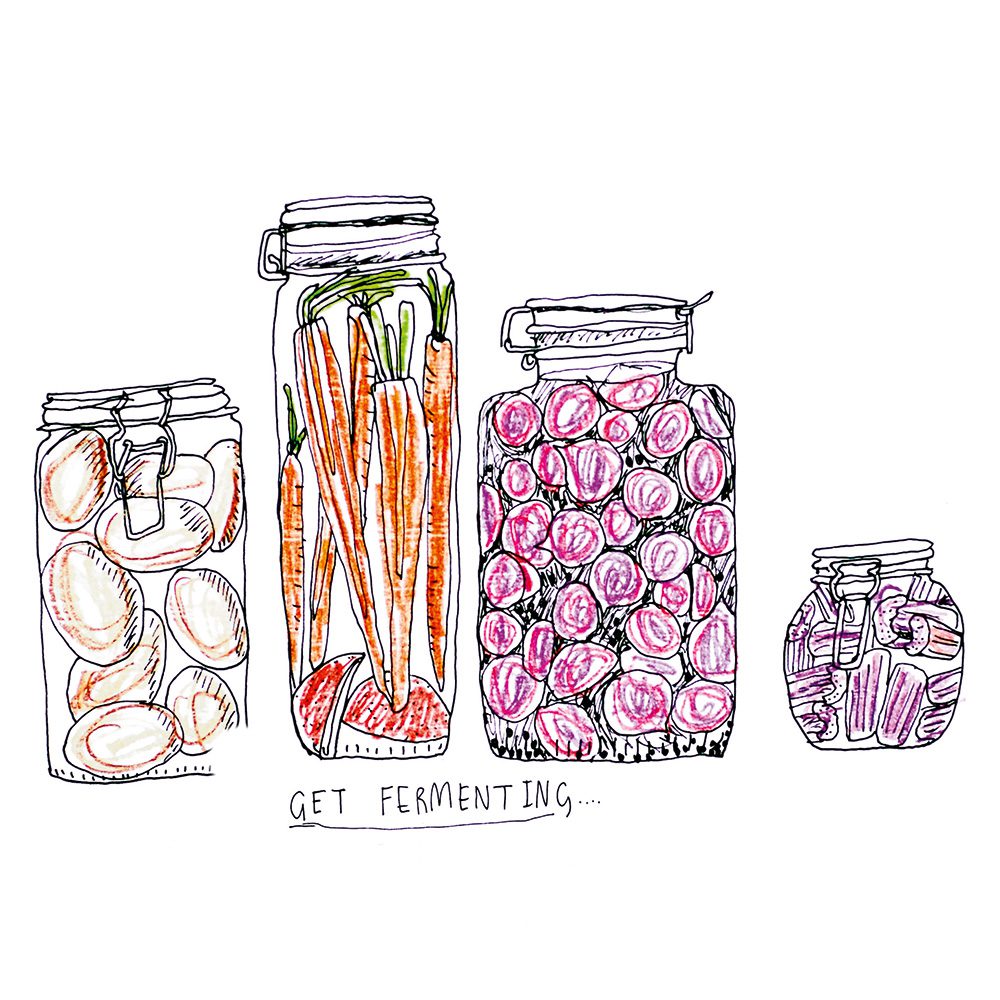
Need more inspiration? Check out our homemade pasta recipes and simple fermenting guide, or pass on your knowledge to the next generation with these easy cooking skills your kids can learn in the kitchen.
Subscribe to our magazine
Food stories, skills and tested recipes, straight to your door... Enjoy 5 issues for just £5 with our special introductory offer.
Subscribe
Unleash your inner chef
Looking for inspiration? Receive the latest recipes with our newsletter

